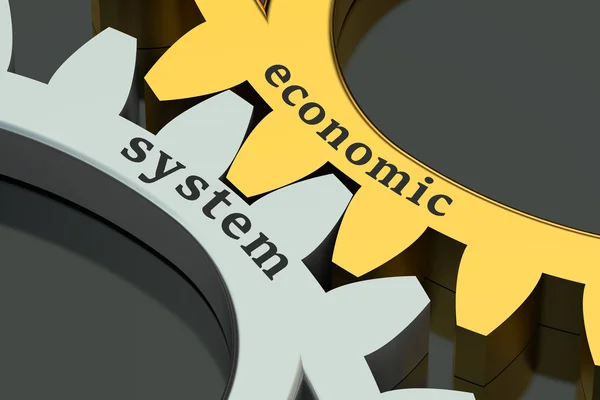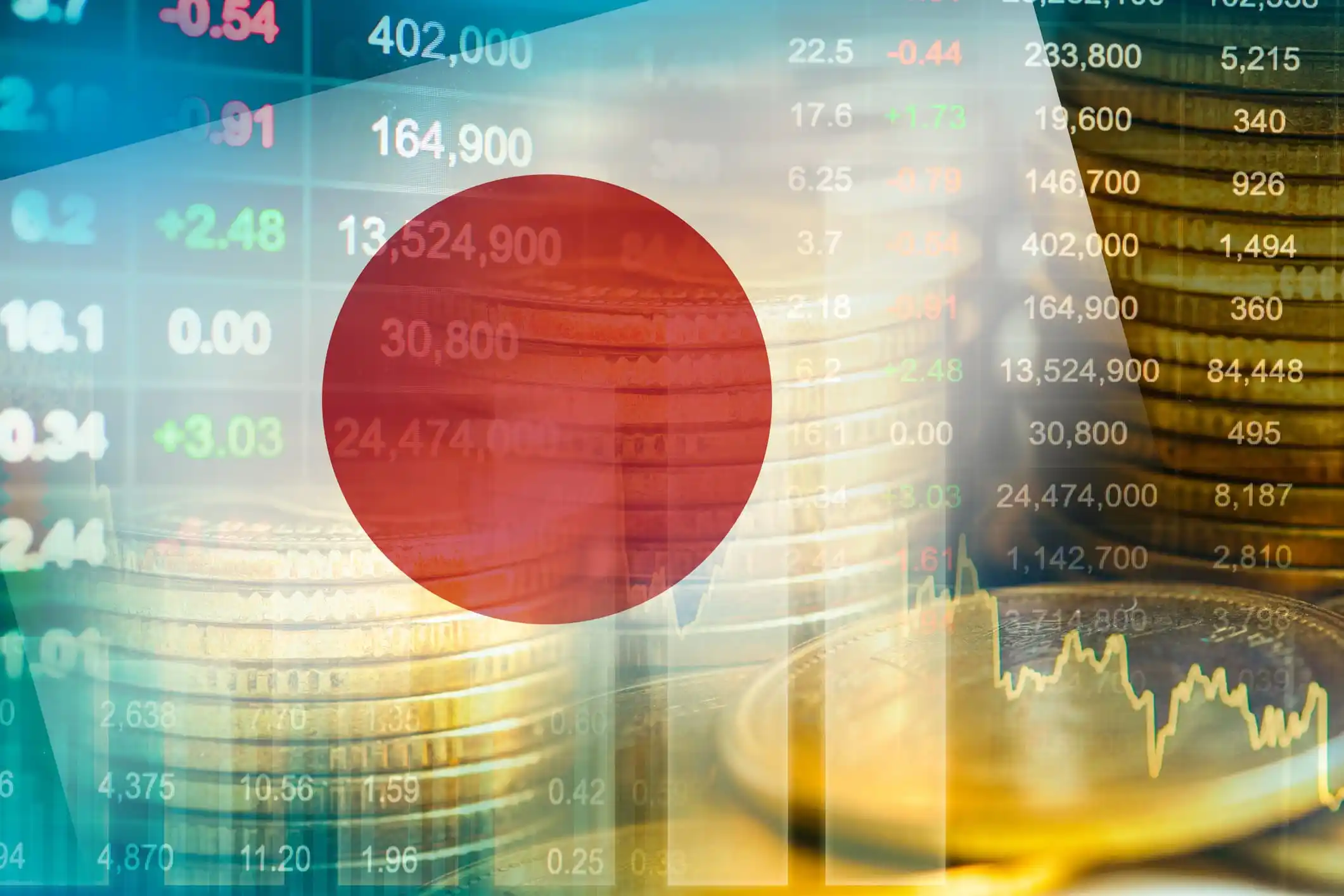The quest for the best economic system is a journey that societies have been on for centuries. The way a country organizes its economic activities significantly impacts the well-being of its citizens, influencing everything from employment rates to quality of life. With various systems in place around the world, determining the best economic system is a complex and multifaceted question.
What Is an Economic System?

An economic system is a structured way a society allocates resources, produces goods and services, and distributes wealth. Its primary purpose is to address the basic economic problems of what to produce, how to produce it, and for whom to produce. Economic systems can broadly be categorized into three types: capitalism, socialism, and mixed economies.
When it comes to economic systems, the debate over which is best can be intense. Various systems offer different advantages and challenges. Understanding these systems is crucial for appreciating their impacts on global prosperity and individual livelihoods.
Capitalism: The Power of the Free Market

Benefits of Capitalism
Capitalism is often lauded for its ability to foster innovation and economic growth. By allowing market forces to dictate production and pricing, capitalism encourages competition. This competition drives companies to improve products and services, benefiting consumers. Moreover, the profit motive incentivizes businesses to operate efficiently.
Challenges of Capitalism
However, capitalism isn't without its flaws. Wealth inequality can be a significant issue. The disparity between the rich and the poor can lead to social unrest and economic instability. Additionally, without proper regulation, monopolies can form, stifling competition and innovation.
Socialism: Emphasizing Equality and Welfare

Advantages of Socialism
Socialism focuses on reducing inequality by distributing resources more evenly across society. This system ensures that basic needs like healthcare and education are accessible to everyone. As a result, there's often a higher overall quality of life and less poverty.
Drawbacks of Socialism
On the downside, socialism can lead to inefficiencies. When resources are allocated by the state rather than the market, it can result in mismanagement. Furthermore, the lack of competition might reduce incentives for innovation and hard work.
Mixed Economies: Combining the Best of Both Worlds

Strengths of Mixed Economies
Mixed economies aim to balance the benefits of capitalism and socialism. In these systems, the government intervenes to regulate markets and provide essential services. This intervention helps mitigate the negative effects of capitalism, such as inequality, while preserving the market's innovative and efficient nature.
Potential Issues with Mixed Economies
Despite their advantages, mixed economies can face challenges. Balancing state intervention with market freedom requires careful policy-making. Excessive intervention can stifle economic dynamism, while too little can lead to social inequalities.
Conclusion
In summary, there is no one-size-fits-all answer to the best economic system in the world. Each system has its strengths and weaknesses, and the best choice depends on the specific needs and circumstances of a country. A mixed economy, balancing the benefits of capitalism and socialism, often emerges as a versatile and adaptive solution. The ongoing evolution of economic systems suggests a future where hybrid models can effectively address global challenges and foster sustainable growth.
FAQs
Q. What is the primary difference between capitalism and socialism?
Ans: The primary difference lies in ownership and control. In capitalism, private individuals or businesses own and control the means of production, whereas in socialism, the state or public owns and regulates these resources.
Q. How does a mixed economy work?
Ans: A mixed economy combines elements of both capitalism and socialism, featuring both private and public ownership and aiming to harness the benefits of both systems.
Q. Why is economic stability important?
Ans: Economic stability is crucial because it ensures steady growth, minimizes the risks of economic crises, and provides a predictable environment for businesses and individuals to plan for the future.
Q. Can an economic system change over time?
Ans: Yes, economic systems can evolve over time in response to changing political, social, and economic conditions. Countries often adapt their systems to better meet the needs of their populations and address emerging challenges.
Q. What factors contribute to the success of an economic system?
Ans: Key factors include efficient resource utilization, equitable wealth distribution, stable economic conditions, and sustainable growth. Additionally, innovation, adaptability, and effective governance play critical roles.






